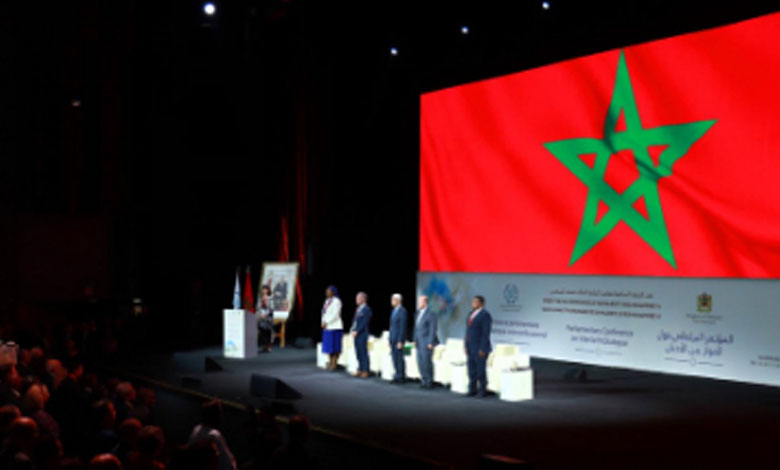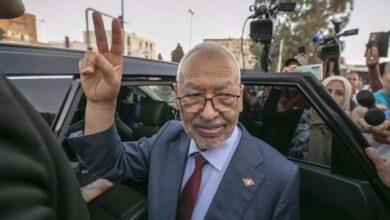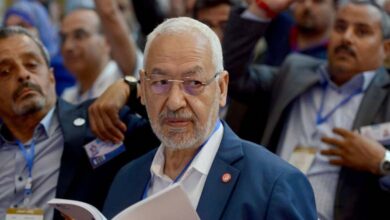‘Marrakech Declaration’ enhances tolerance and coexistence among religions

An international parliamentary conference hosted by the city of Marrakech, Morocco, called for the adoption of United Nations resolutions to promote a culture of dialogue among religions.
Morocco is considered a beacon of religious and racial tolerance in North Africa, with King Mohammed VI supporting all efforts to promote religious tolerance and confront extremism and hatred.
The “Marrakech Declaration,” issued on Thursday at the end of the international parliamentary conference on “Interreligious Dialogue,” urged the Moroccan city to “enhance communication with the United Nations, international organizations, and civil society institutions to adopt United Nations resolutions related to interreligious dialogue.”
The Moroccan Parliament organized the “Interreligious Dialogue” conference in partnership with the Inter-Parliamentary Union from June 13th to 15th of this year.
The declaration emphasized that “interreligious dialogue, based on promoting freedoms and fundamental rights, is an essential means to establish the rule of law and encourage efforts aimed at developing societies.”
It called for “establishing parliamentary committees concerned with interreligious dialogue to promote peaceful coexistence and cooperation.”
The declaration called for opposing hate speech and denigration of others based on faith, as well as the necessity to firmly address discrimination.
It also called for “encouraging religious leaders to promote inclusivity, fundamental rights, and gender equality within their communities, in accordance with each country’s national legislation, while considering international commitments and enhancing cooperation and communication with the United Nations, other international organizations, and civil society.”
The declaration considered terrorism and violent extremism as two dangerous evils that threaten peace and security, and they cannot be linked to a specific religion, belief, ethnicity, or creed.
It emphasized the importance of moderation in resolving conflicts related to religion or belief and the crucial role of mechanisms and institutions for conflict resolution.
Morocco is considered an example of religious tolerance in the region and decided to include the history and culture of the Jewish community in its curriculum in 2020, with Islam being the state religion.
According to experts, Morocco remains a rare case in terms of racial and religious tolerance in a region that experiences numerous political, ethnic, and religious conflicts, with the spread of extremism.
Prominent participants in the conference included Ahmed Abbadi, President of the Mohammedan League of Scholars in Morocco (governmental), Rabbi Moshe David HaCohen, Partner Director of the “Amana” organization, which works to promote trust between communities and combat discrimination in Malmo, Sweden.
Also participating were Imam Salaheddine Barkan, Partner Director of the “Amana” organization, and Father Bishoy Fakhri, representing the Coptic Orthodox Patriarchate in Abu Dhabi, in addition to Akata Shikolo, a member of the organization Religions for Peace (established in 1970 and comprising several figures from different religions).












